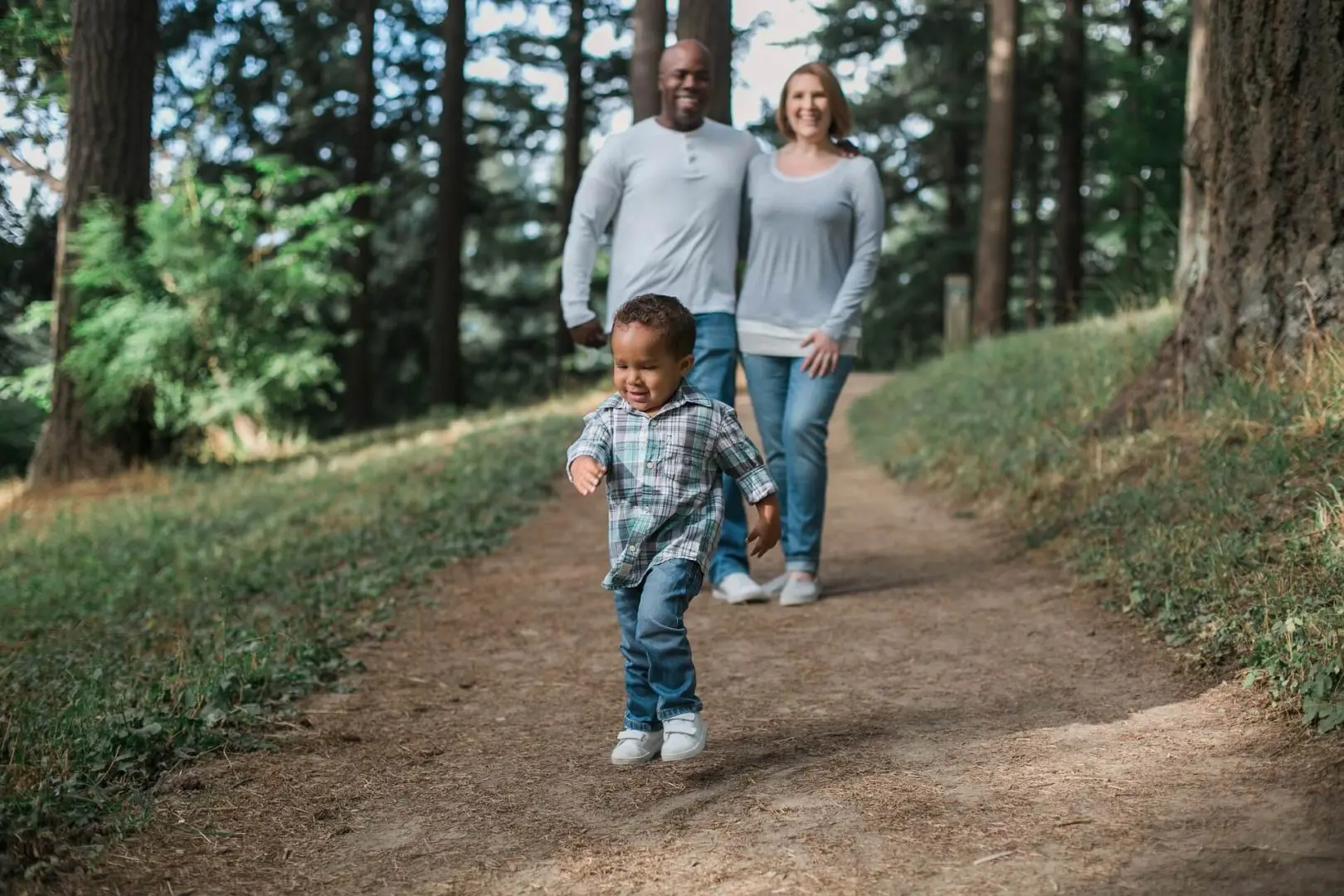Early on, we learned the importance of meeting our government and community partners where they are. With the help of our external research partners, we listen carefully, supporting them to unpack ideas and gain insights on factors—big and small—that might serve to accelerate or shut down learning, improvement, and change efforts. Surfacing these types of details requires trust, which is why our top priority—always—is relationship building.
Part of relationship building is learning together with our partners about the data and actions needed to move the needle toward desired outcomes. Using the Colorado Steps to Building Evidence model, we support partners in moving their program, initiative, or collaboration to the evidence level needed to achieve their goals. For an example of what this looks like in practice, see the Prioritize Relationships & Learn Together installment of our blog post series on the Colorado Lab’s Essential Elements.

What Makes Us Different?
Our values drive our work, as reflected in our Essential Elements. Our goal is to use data to inform policy and practice, set the wheels in motion to achieve and sustain change, and position our partners to pursue additional, meaningful change for the communities they serve.
We aim to support partners in building their capacity for making evidence-based decisions. Using a collaborative or co-created approach, we work alongside our partners to develop agendas, facilitate meetings, create products, and foster action. We kick off our time together by co-developing a project scope and written set of agreements that defines our roles, expectations, and collaborative processes.
We prioritize gathering data that is useful to support our partners in learning, improving, and sustaining impactful programs and practices. We define rigor as using an appropriate research or evaluation design for our goals and questions; being consistent and transparent about the work; and asking challenging questions. This often means taking a mixed methods approach.
.
